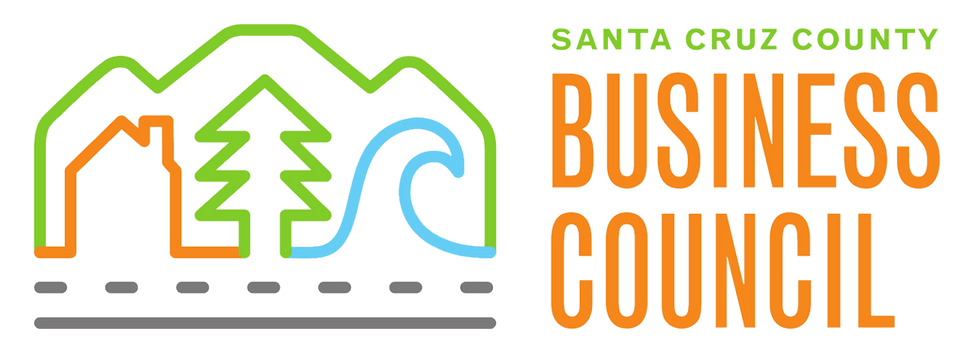As was expected, Uber Technologies and Postmates Inc. filed a legal challenge against California’s AB5 “Gig Economy” law this past week in the United States District Court for the Central District of California, which is appealable to the Federal Ninth Circuit Court. AB5 was adopted by the State legislature this past year to codify the “Dynamex decision”, which outlines who can work as independent contractors, and more specifically, that drivers using app-based technologies to perform work should be classified as employees.
For those of you unfamiliar with this precedent,
the Dynamex decision outlines three core “tests” for determining employment status and relationship between said employer and the laborer. These tests, usually referred to collectively as the ABC test, state that if the relationship between the employee and laborer meets all of the following criteria, then the laborer
can be treated as an independent contractor and not a formal employee:
(A) that the worker is free from the control and direction of the hiring entity in connection with the performance of the work, both under the contract for the performance of the work and in fact;
(B) that the worker performs work that is outside the usual course of the hiring entity’s business; and
(C) that the worker is customarily engaged in an independently established trade, occupation, or business of the same nature as the work performed.
The now ongoing legal challenge is rooted in two principle arguments from the plaintiffs: 1) That Uber and similar companies merely facilitate a marketplace for individuals to sell their labor freely, and thus do not meet the criteria set forth in (A); and 2) that because the law explicitly and arbitrarily exempts over 50 specific professions to varying degrees and enforcement timelines, it is therefore unconstitutional under the
“equal protection” clause of the 14th Amendment, which supersedes state law because the actions and actors participate in interstate commerce.
Now I am no lawyer, but it seems that the second argument is likely the much stronger argument, especially since the case is being heard in Federal court. For one, despite Uber and other app-based companies claims that they pass the ABC test because of their marketplace function, they do impose restrictions on who can be a driver, the types of cars allowed for specific services, and the rate of pay per type of ride (which vary based on time and place–thus providing financial direction implicitly). Furthermore, these app-based companies are the ones who recruit drivers and then market their services beyond just the experience provided in the app.
The second argument, however, is expressly legitimate in any objective reading of the legislation because of the myriad of exemptions provided for, with no delineating criteria as to why. For instance, why are commercial fishermen exempt, but only for three years? Why was the number of articles a freelance writer can contribute to a single publication capped at 35 before they need to be treated as an employee? If legitimate criteria for defining these exemptions was written into the law then it would make sense, and the law could be administered “equally”, but they aren’t. In fact the majority of the written legislation is actually exemptions, and not the law itself. Additionally, the bills principle author and sponsor, Lorena Gonzales (D – San Diego), has openly admitted in public that many of the exemptions are “arbitrary”, which undermines the supposed intentions of the bill outright.
As to how the court will rule, it’s in the hands of the lawyers and judges now, and will likely be tied up in court for many years to come. Beyond that, enforcement is left to the California Attorney General, and the legal officers of the state’s largest cities. How they proceed will be of significant importance as well, because of the potentially billions of dollars at stake in civil penalties, and the principal business models of these app-based companies.
